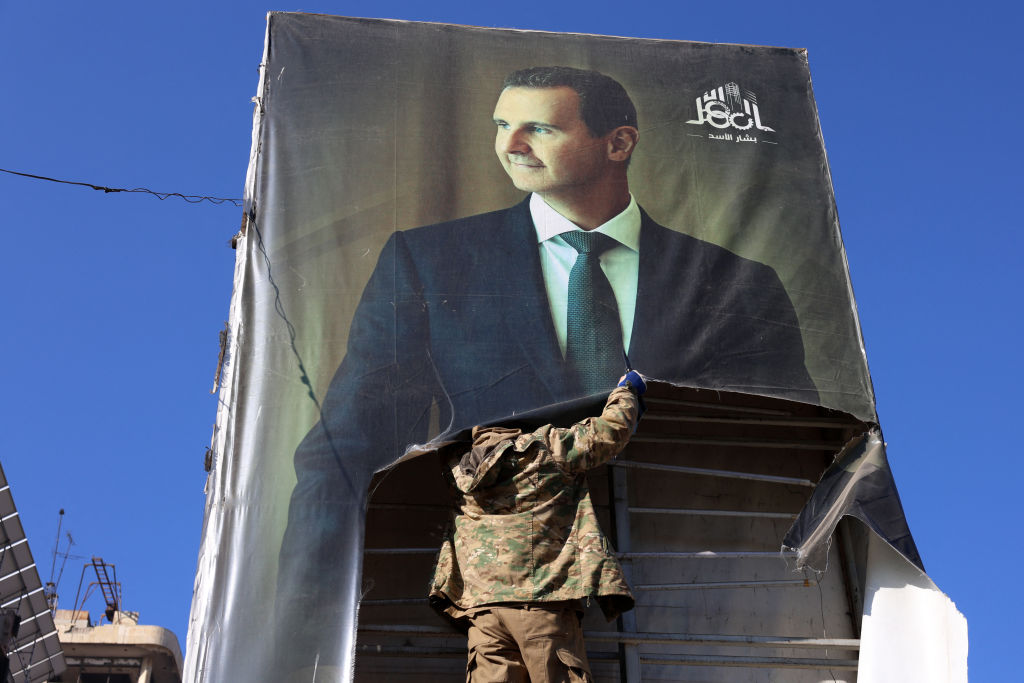It is salutary to remember that were it not for Ed Miliband, Bashar al-Assad might have been deposed 11 years ago. In August 2013, the former Syrian leader gave the West the perfect pretext for acting to get rid of him: it was the first occasion he was proven to have used chemical weapons against his own people.
The West left Assad in power but got Isis anyway
The then-prime minister, David Cameron, proposed military action but Miliband, then Labour leader, instructed his MPs to vote against. The vote was lost and, without Britain’s backing, Barack Obama – who had previously said that the use of chemical weapons would be a ‘red line’ – marched his troops back down the hill. Assad was free to go on murdering his people, including with further chemical weapons attacks.
The argument that deposing a malignant dictator would create a power vacuum, sucking in even fouler forces, has been shown to be fallacious. The West left Assad in power but got Isis anyway. Moreover, after the West failed to depose Assad, his regime became a proxy power for Putin in the Middle East. The rebels in 2013 were at least a little less Islamist than HTS, who have seized power now. To say they have become more ‘moderate’ since they were affiliated with al Qaeda isn’t really saying an awful lot.
Not that Syria would have been guaranteed a better outcome had Assad been ejected in 2013. The lesson of Syria is really that the West is damned whatever it does. With Iraq it intervened and overthrew Saddam Hussein. With Gaddafi it didn’t engage directly against his regime but supported those who did. With Assad, it left him in power. All three countries ended in disaster, breeding terror groups and provoking huge flows of refugees, many landing on Europe’s doorstep.
It is possible to argue, though, that Iraq was the slightly less foul outcome. It didn’t enter Putin’s sphere of influence, and nor, initially, did it become quite such a breeding ground for terrorism as Syria did – Isis didn’t colonise the north of the country until the US retreated. For a while it enjoyed something approaching democracy.
Tony Blair and George W. Bush remain deeply controversial figures thanks to the Iraq war. Many will never forgive them, accusing them of stirring up a hornets’ nest with an illegal war without the backing of the United Nations. But their critics have never explained why Iraq and the world would have been better places had Saddam been left in power to carry on murdering his own people.
Syria gives us a clue as to what would have happened. Iraq would have ended up a basket case anyway. When it comes to western leaders deciding what to do about dictatorships there really are no good options – only ones that might turn out a little less bad than the others.
Watch more on SpectatorTV:








Comments